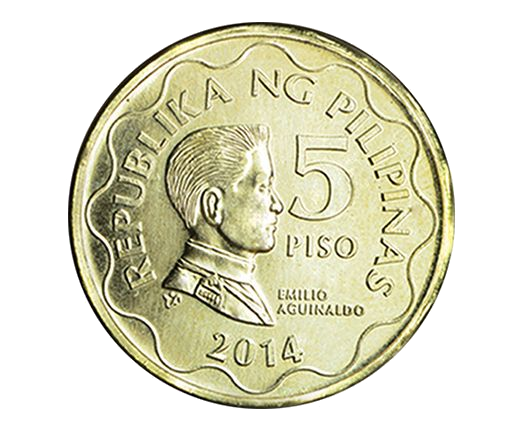
Emilio Aguinaldo was a prominent figure in Philippine history, known for his role in the country’s struggle for independence from Spanish colonial rule. He was born on March 22, 1869, in Kawit, Cavite, Philippines. Aguinaldo came from a wealthy landowning family and received a good education.
In 1896, Aguinaldo became a key leader of the Katipunan, a secret society that aimed to overthrow Spanish rule in the Philippines. He played a crucial role in organizing and leading the Philippine Revolution against the Spanish colonial government. Aguinaldo declared Philippine independence on June 12, 1898, and became the first President of the Philippines.
However, the Philippines’ fight for independence was not yet over. The United States, which had defeated Spain in the Spanish-American War, took control of the Philippines as part of the Treaty of Paris in 1898. This led to the Philippine-American War, with Aguinaldo leading the resistance against American forces.
In 1901, Aguinaldo was captured by the Americans, and he subsequently swore allegiance to the United States. He retired from politics for a period but later became involved in the fight for Philippine independence once again. Aguinaldo played a role in the establishment of the Commonwealth of the Philippines in 1935 and supported the country’s independence movement.
Emilio Aguinaldo lived a long life and witnessed many changes in the Philippines. He died on February 6, 1964, at the age of 94. Despite the complexities and controversies surrounding his political career, Aguinaldo remains an important figure in Philippine history as one of the key leaders in the country’s struggle for independence.

